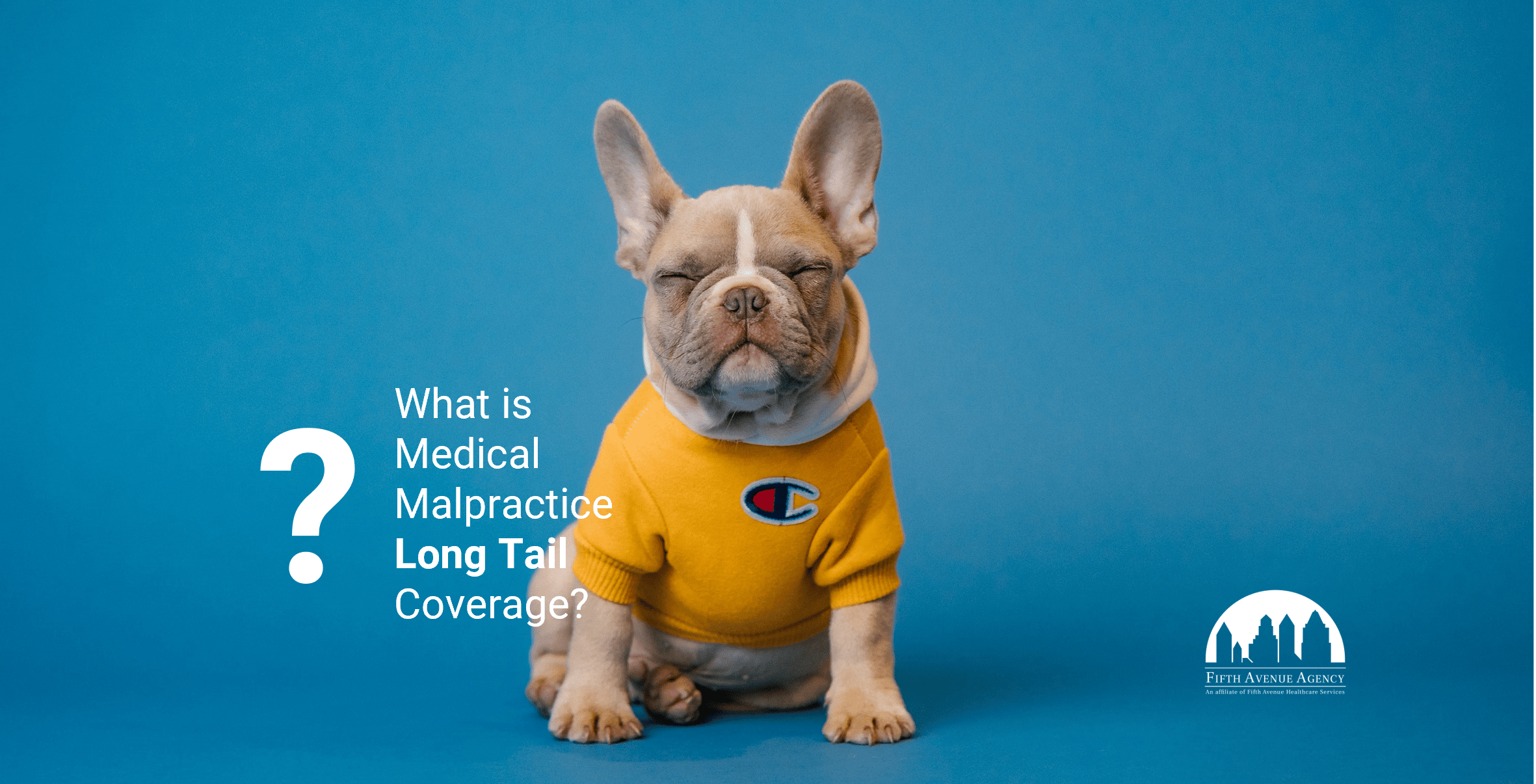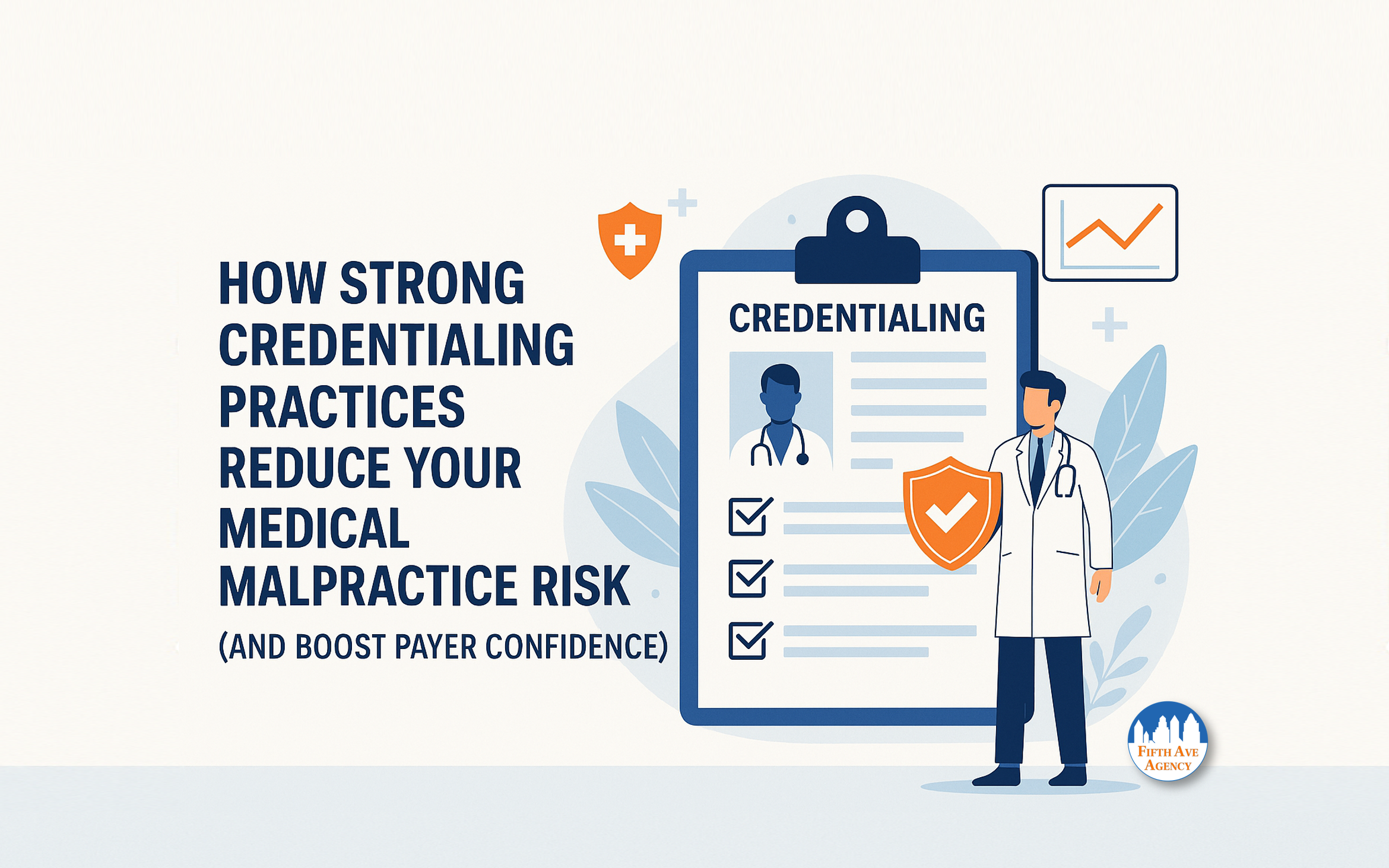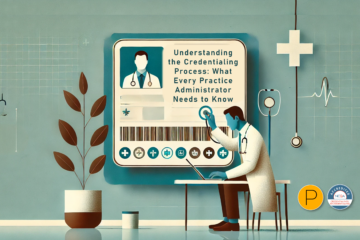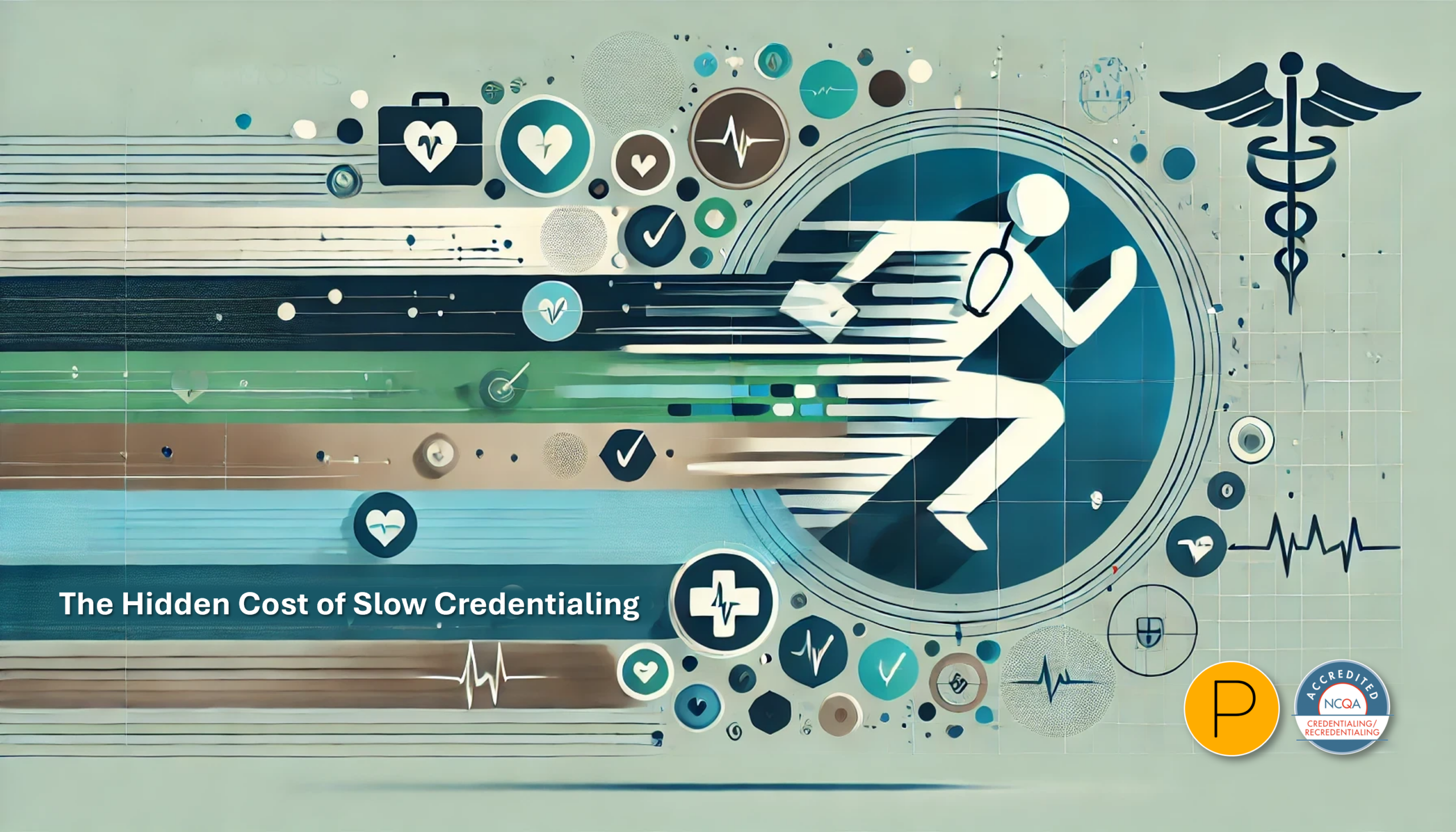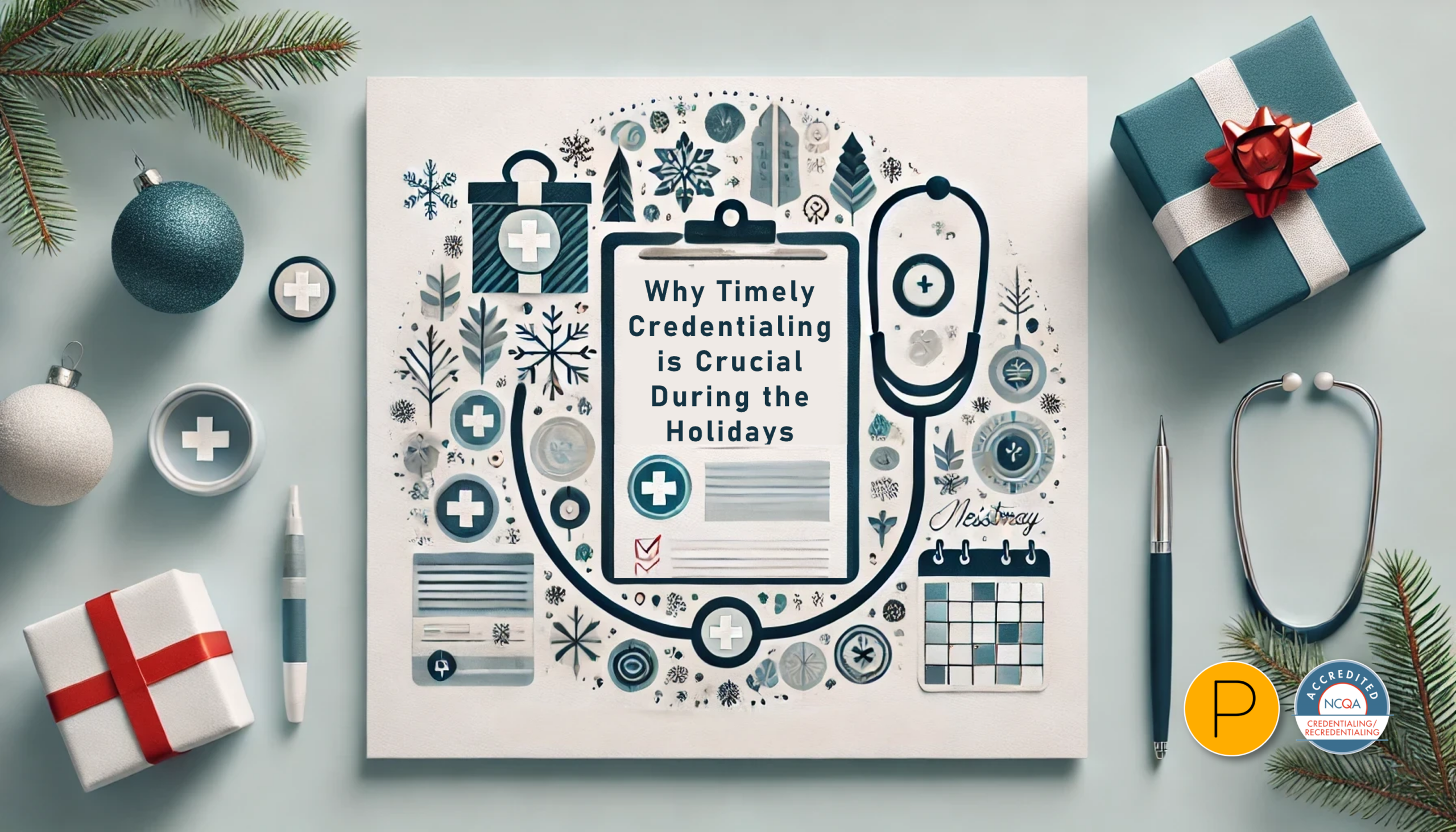In the complex and high-stakes world of healthcare, medical professionals and healthcare organizations face multifaceted challenges daily. Among these challenges is the potential for legal action resulting from perceived medical errors, negligence, or omissions in patient care. To shield themselves from the financial repercussions of such claims, healthcare providers often turn to insurance coverage.
This in-depth exploration aims to shed light on MPLI, delineating what it entails and its importance to the patient and provider.
What is Medical Professional Liability Insurance (MPLI)?
Medical Professional Liability Insurance, frequently abbreviated as MPLI, constitutes a specialized insurance product crafted to shield healthcare professionals and organizations from claims of negligence, errors, or omissions in the delivery of healthcare services.
This coverage is paramount to medical practitioners as it offers a financial safety net against legal actions and the potential damages awarded to patients who have suffered harm due to alleged medical errors.
The Significance of MPLI
The healthcare profession is synonymous with seeking healing, compassion, and patient well-being. However, it is also a field fraught with complex challenges and inherent risks. In this section, we will explore the profound significance of Medical Professional Liability Insurance (MPLI) in the healthcare landscape, underscoring its pivotal role in preserving the integrity of healthcare providers.
Here are eight brief takeaways on the importance of the role of MPLI in protecting providers, supporting quality of care, and helping preserve the healthcare system.
Protecting Healthcare Professionals
- Defending Reputation and Trust: For healthcare professionals, their reputation and trustworthiness are invaluable assets. Whether founded or not, a single medical liability claim can tarnish a practitioner’s reputation and erode the trust patients place in them. MPLI protects against such claims, ensuring that healthcare providers can continue to serve their patients confidently.
- Preserving Careers: Without adequate MPLI, a single lawsuit can have devastating consequences for a healthcare provider’s career. Legal battles can be lengthy and financially draining, potentially forcing practitioners to cease their practice. MPLI steps in to protect against the financial ruin that legal proceedings can entail.
- Fostering Accountability: MPLI also plays a vital role in promoting accountability within the healthcare profession. Ensuring that healthcare providers have insurance coverage encourages them to practice responsibly and maintain high standards of care. This, in turn, contributes to a safer healthcare environment.
Supporting Quality of Care
- Continuity of Care: MPLI with tail coverage ensures that the continuity of patient care remains intact. Even if a practitioner retires or leaves a practice, tail coverage extends the protection to cover claims related to past patient care. This continuity is crucial for both patients and healthcare providers.
- Risk Management: Many MPLI providers offer risk management resources and support to help healthcare practitioners mitigate potential risks. This includes guidance on patient communication, record-keeping, and adherence to best practices, all of which contribute to delivering high-quality care.
Preserving the Healthcare System
- Financial Stability: The financial protection MPLI provides is not limited to individual practitioners but extends to healthcare institutions. Hospitals, clinics, and nursing homes rely on MPLI to protect financial stability in the face of costly liability claims.
- Reducing Healthcare Costs: By safeguarding against the crippling financial impact of medical liability claims, MPLI indirectly lowers healthcare costs. When healthcare providers are financially secure, they are less likely to pass the burden of high insurance premiums or legal fees on to patients.
- Sustaining Access to Care: Without MPLI, healthcare professionals and institutions may become increasingly risk-averse, potentially leading to a decline in the availability of certain medical services. MPLI ensures that patients can access a wide range of medical care options.
MPLI stands as a critical pillar in the healthcare landscape, preserving the integrity of healthcare providers and supporting the delivery of high-quality care. It empowers healthcare professionals to practice with confidence, knowing that they have a safety net in place to navigate the legal complexities of their profession.
Additional Considerations for MPLI
Tail Coverage in MPLI
MPLI policies are highly customizable to meet the specific needs of healthcare professionals and institutions. They can include provisions like tail coverage, which extends protection for claims made after a practitioner retires or leaves a practice. This ensures that historical patient care remains covered, preventing potential gaps in protection.
“Tail coverage” or “extended reporting period” coverage assumes significant importance as it protects against claims made after the policy’s expiration yet related to incidents that transpired during the policy period.
Tail coverage ensures that healthcare professionals and organizations remain safeguarded even after retirement or a shift to a different insurance provider, thus preventing potential gaps in coverage.
Consent to Settle in MPLI
MPLI policies often grant the insured healthcare professional or organization more significant control over the decision-making process concerning claim settlements.
Many MPLI policies stipulate that the insurer must secure the insured’s consent before settling a claim. This provision bestows healthcare professionals and organizations with more influence over the resolution of a claim, enabling them to preserve their professional reputation and potentially avert unnecessary settlements that might impact their future insurability.
Quick Application: MPLI Case Studies
To elucidate the concepts discussed thus far, we will now delve into real-world case studies and examples that illustrate the application and impact of MPLI.
Case Study 1: MPLI in a Multi-Specialty Clinic
Let’s consider the scenario of a multi-specialty clinic that opted for MPLI coverage. This clinic houses diverse healthcare providers, including general practitioners, orthopedic surgeons, radiologists, and administrative staff. MPLI offers this clinic a comprehensive umbrella of coverage, safeguarding not only the individual practitioners but also the clinic as an entity.
In an unfortunate incident, a patient claims that they received improper care during a routine check-up. The patient alleges negligence on the part of the general practitioner. Given the MPLI coverage, the clinic’s policy steps in to protect the practitioner from the legal repercussions of the claim.
Additionally, the modular structure of MPLI allows the clinic to adjust the coverage limits and endorsements to suit the needs of each specialty within the clinic.
Case Study 2: Consent to Settle
Consider the case of a seasoned surgeon who has been practicing for several decades. He faces a malpractice claim from a patient who experienced complications after a surgical procedure. In this instance, the surgeon’s MPLI policy includes a “Consent to Settle” provision.

This provision proves instrumental as it allows the surgeon to be actively involved in the negotiation and resolution of the claim. The surgeon, confident in the validity of his actions during the surgery, chooses not to settle the claim hastily. Instead, he collaborates closely with the MPLI insurer’s legal team to mount a strong defense.
Eventually, the case goes to trial, and the surgeon prevails, successfully defending his professional reputation.
The Evolving Landscape of MPLI
The world of healthcare is dynamic and constantly evolving, as is the realm of MPLI. This section will explore emerging trends and changes that impact MPLI.
Telemedicine and MPLI
Telemedicine has revolutionized the healthcare landscape, allowing patients to access medical services remotely. However, this paradigm shift also introduces new complexities regarding MPLI. With healthcare providers offering virtual consultations, MPLI policies have had to adapt to address the unique risks associated with telemedicine.
Telemedicine introduces novel liability concerns related to technology failures, data security, and the remote delivery of care. MPLI providers are now offering specialized coverage options to address these emerging risks.
Moreover, telemedicine providers may require MPLI policies that cover practitioners across multiple states, each with its regulatory environment, further complicating the insurance landscape.
Healthcare Reform and MPLI
Healthcare reform measures can alter the liability landscape by changing the standards of care, access to care, and reimbursement models.
Additionally, healthcare reform may result in shifts in the types of claims made against healthcare providers, impacting the types of coverage MPLI policies must provide. MPLI providers must stay attuned to these changes and adapt their policies, ensuring that healthcare professionals and institutions remain adequately protected.
The healthcare landscape is ever-evolving, and so is the realm of MPLI. As we look toward the future, it’s important to anticipate changes and innovations that may impact MPLI.
Technology and MPLI
Technology integration into healthcare has transformed how patient care is delivered and managed.
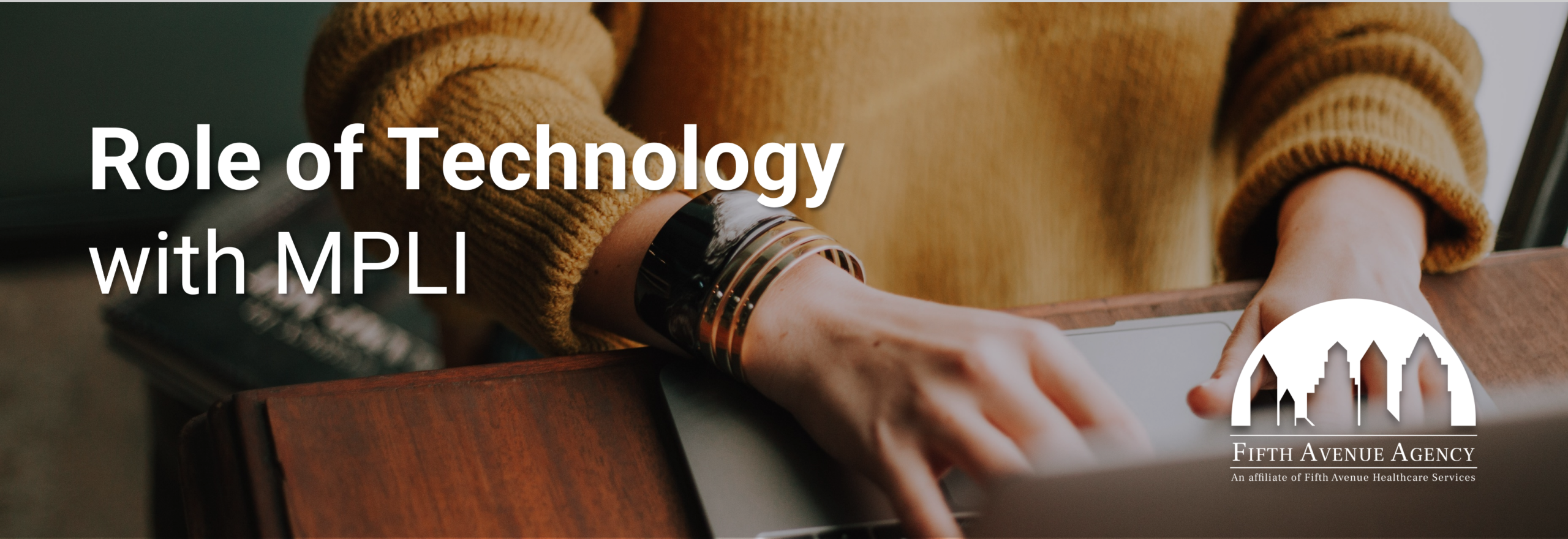
Technology is pivotal in improving healthcare outcomes, from electronic health records (EHRs) to telemedicine and artificial intelligence (AI). Technology also introduces new and complex risks that MPLI policies must address.
Emerging Technology Risks in Healthcare:
- Data Breaches and Cybersecurity: As healthcare providers increasingly rely on electronic systems to store and exchange patient information, the risk of data breaches and cybersecurity threats escalates. MPLI policies are evolving to cover legal liabilities stemming from data breaches, patient privacy violations, and related legal actions.
- Telemedicine and Virtual Care: The proliferation of telemedicine has expanded access to healthcare, but it also raises unique issues. MPLI insurers are adjusting their policies to account for the risks associated with virtual care, including technology failures, misdiagnoses during remote consultations, and telehealth-specific legal challenges.
- AI and Decision Support Systems: Integrating AI and decision support systems in healthcare presents opportunities for more accurate diagnoses and treatment recommendations. However, these technologies are not immune to errors, which can result in malpractice claims. MPLI providers are considering coverage for claims related to AI decision-making in healthcare.
- IoT Devices and Medical Equipment: The Internet of Things (IoT) has enabled the use of connected medical devices and equipment that can transmit patient data in real-time. While these devices enhance monitoring and care, they also introduce cybersecurity vulnerabilities. MPLI policies are adapting to cover liabilities arising from IoT-related security breaches and device malfunctions.
Adapting MPLI Policies to Cover Emerging Technological Risks:
- Cyber Liability Coverage: MPLI policies now often include cyber liability coverage to protect healthcare providers from financial losses and legal expenses associated with data breaches and cyberattacks. This coverage may encompass notification costs, legal defense, and settlements related to patient data breaches.
- Telemedicine Coverage: MPLI providers are developing telemedicine-specific coverage options to address the risks unique to remote healthcare consultations. These policies may cover allegations of misdiagnosis, technical failures during telehealth sessions, and other telemedicine-related liabilities.
- AI and Technology Errors and Omissions Coverage: As AI and decision support systems become more prevalent, MPLI policies are adapting to include coverage for errors or omissions stemming from technology-driven diagnoses or treatment recommendations. This coverage safeguards healthcare providers from potential claims resulting from AI-related errors.
- IoT and Medical Device Coverage: MPLI insurers are considering coverage for connected medical devices and equipment liabilities. This includes coverage for security breaches of IoT devices and claims related to device malfunctions that harm patients.
- Risk Management and Technology Training: MPLI providers increasingly offer risk management resources and training to help healthcare providers navigate the complexities of technology-related risks. This proactive approach aims to minimize potential liabilities.
The evolving landscape of technology in healthcare requires MPLI to stay in step with these advancements, ensuring that healthcare professionals have the necessary protection as they navigate this digital frontier.
Conclusion
In a world where healthcare providers are under increasing scrutiny and legal risks, MPLI remains a critical tool for mitigating these challenges and preserving the integrity of the healthcare profession. As healthcare evolves, so will MPLI, ensuring it remains a steadfast protector of those dedicated to the noble mission of providing healthcare to all.
More information about Fifth Avenue Agency
Fifth Avenue Agency specializes in MPLI and medical malpractice insurance, serving 1000s of providers nationwide. Fifth Avenue Agency is part of the Fifth Avenue Healthcare Services family.
Sister companies include 5ACVO (credentialing and primary source verification specialists) and Primoris Credentialing Network (credentialing and provider enrollment specialists with 54+ health plan and network provider enrollment options).
Fifth Avenue Agency originally published this article here. For information on Fifth Avenue Agency, please visit FifthAvenueAgency.com or Contact Us.

